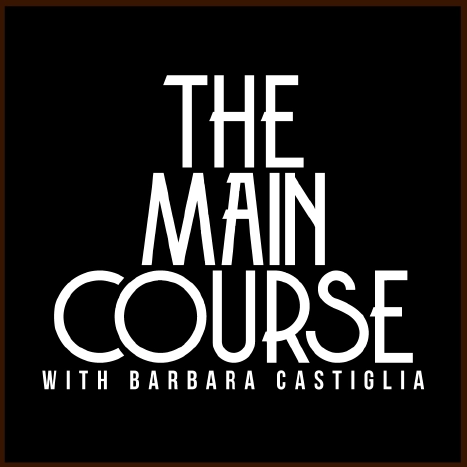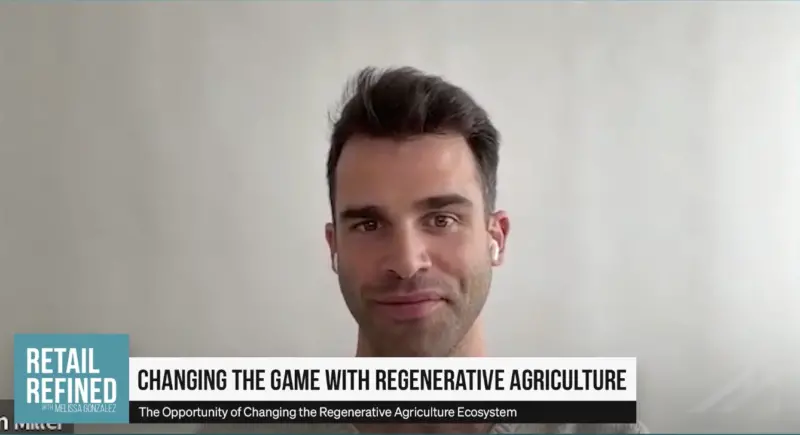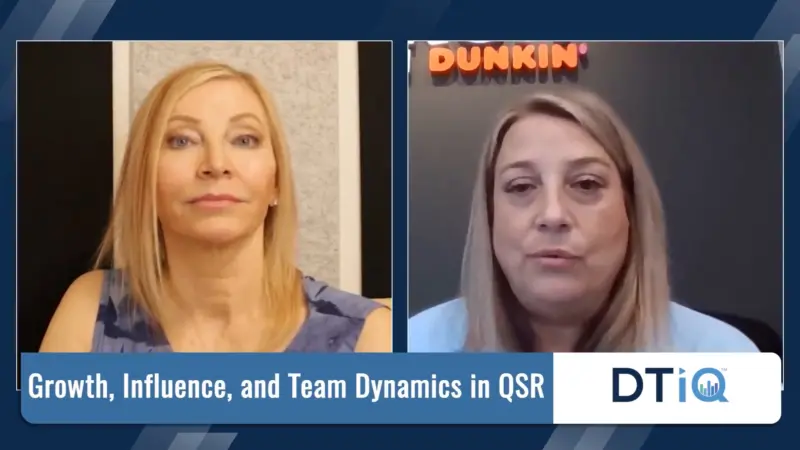The Retired CEO of YUM! Brands Has the New Goal of Developing the Next Generation of Leaders
David Novak was the first of his family to graduate from college. He studied journalism at the University of Missouri and started working in advertising. After a few turns in his career, Novak found joy in working in the restaurant industry. He eventually co-founded Yum! Brands and acted successfully as CEO for many years.
Now, in Novak’s partial retirement, he’s doing work that brings him joy. In his career, he recognized his shortcomings and sought out training for specialty fields he needed to develop to be successful. His insight helped him create a strategy that he refers to as self-coaching.
In David Novak Leadership, the program sets people up to develop their skills long after the course. Novak said, “We give them the coaching tools to coach themselves. Once you can coach yourself, you can coach other people.” The self-coaching starts with introspective work, discovering what makes you tick, and bringing awareness to what brings you happiness to find direction. Novak’s system puts that insight into action to facilitate continuous improvement.
Novak feels that this program is one of many that helps develop great leaders. Everyone has the potential to be a great leader. Novak’s belief that “the real problem we’re attacking is that there aren’t great leaders” drives the motivation behind his program. He believes this is a massive part of the labor shortage. People want to live joyful lives and without good management, workers will leave.
Novak knows leaders’ common mistakes and admits to committing a few himself. One of Novak’s most remarkable business ideas was Crystal Pepsi. Unfortunately, the product was not successful. “If I just would have been a little more humble and listened to others,” said Novak. The outcome could have had longevity. This leadership problem is what Novak distills down to “no involvement, no commitment.” When your team is not aware of the problem, they can not provide vital insights and creative solutions. Your business isn’t running in a silo, so you can’t solve problems in a silo.
Furthermore, if you don’t involve your people, they won’t feel needed. Feeling needed is key to motivating your employees. “Too many leaders think that they have to be the leader, and they don’t open up and let people know that they need them,” shared Novak.
Great leaders are consistent. Employees understand the goals, values, and expectations of their leaders. Strong leaders navigate with a deep compass and steady approach, and people will build trust. Without consistency, people don’t know what to expect.



